Featuring bumbling generals, assassination plots, and homosexual romance, Pakistani military satire A Case of Exploding Mangoes by Mohammed Hanif has finally been released in the country's official language Urdu - even as the army tightens its grip on freedom of expression.
The former fighter pilot turned journalist, novelist and librettist is best known for the 2008 novel which chronicles the final days of hardline dictator General Zia-ul-Haq's rule and the myriad conspiracies behind the plane crash that killed him in 1988.
Zia, a pious and far-right dictator in real life, is portrayed by Hanif as a paranoid buffoon backing the Afghan jihad against the Soviets while battling a case of rectal worms.
Although Mangoes is generously salted with heavy doses of humour, the book also unleashes harsh criticism at Pakistan's military establishment.
In the book, the military relies on torture, extrajudicial murder, and covertly supports a jihadist insurgency to pursue its goals -- accusations made by rights activists in real life, but which the military denies, and rarely allows to be repeated by the Pakistani press.
"I love the army. Some of my best friends have died in combat. I have nothing against the institution," explains the 55-year-old, whose own years in uniform provided much of the granular details of military life featured in the book.
"But if the military does something wrong, if they get involved in politics, if they disappear people, then I have to write about it," he adds.
While Mangoes was set in Zia's Pakistan, it was first released in English -- the language of Pakistan's small, educated elite -- during the violent rule of another military dictator, Pervez Musharraf.
- 'Backlash' -
It coincided with Hanif's return to Pakistan after spending nearly 12 years in London with the BBC.
"Some of my journalist friends were scared for me," he recalled.
"I was lucky because 2008 was a particularly bad year in Pakistan with a lot of bloodshed," including the onset of the Pakistani Taliban insurgency, which likely "distracted" potential censors, he says.
Internationally, the novel earned glowing reviews and was longlisted for the Booker Prize, with critics comparing Hanif to famous satire writers Joseph Heller and Kurt Vonnegut.
Despite the widespread praise, more than a decade passed before the novel was translated into Urdu -- Pakistan's other official language, and more widely spoken by the masses.
Works written in English have a narrower, elite audience and so often have greater leeway, while Urdu content tends to be more carefully censored.
According to Hanif, a publisher "sat" on the Urdu translation of the book for years, citing potential repercussions.
But "the time for a backlash has passed", said the book's publisher Hoori Noorani.
"The book had been translated into all major languages of the world. Even though it is a satire and humour can be subversive, it depicts a dark part of our history."
Even so, the book's Urdu release last month comes as authorities have increasingly cracked down on all forms of dissent.
Journalists have complained of the worst censorship since Zia's time, while opposition leaders are rounded up in a controversial anti-corruption campaign.
- Censorship and fear -
As such, the Urdu edition of Mangoes is "very timely," says Harris Khalique, a poet and rights activist.
"Thirty years after the assassination of Zia, writers and journalists are experiencing similar pressures," he adds.
Noorani is hoping to sell a few thousand copies -- a decent number in a country with low literacy rates and an ongoing economic downturn that he says has forced some people to "choose between buying a book or food".
Since Mangoes success, Hanif has gone on to publish two more novels: Our Lady of Alice Bhatti -- the story of a nurse from the Christian minority fighting against patriarchy -- and last year's Red Birds, which focuses on war and refugees.
Hanif has also helped co-create a much anticipated opera about the late Pakistani prime minister Benzair Bhutto, all while pumping out regular op-eds for the New York Times.
As a columnist, Hanif has established himself as one of the premier voices on all things Pakistan -- from the gender politics of making roti to criticism of the army, which saw one of his columns replaced with a blank page in the Pakistani print edition of the paper in 2017.
He admits there are limits -- saying his 2013 book about human rights abuses in restive Balochistan province "would be difficult to write now".
Like most in Pakistani media, he admits to "self-censoring" mostly out of fear of putting his family at risk.
"I have pushed the boundaries," says Hanif. "But I'm now more careful than I've ever been in my life."





 Chhorii 2
Chhorii 2









 'The Guilt Pill' her latest booksaumyadave.com
'The Guilt Pill' her latest booksaumyadave.com

 Milli Bhatia
Milli Bhatia
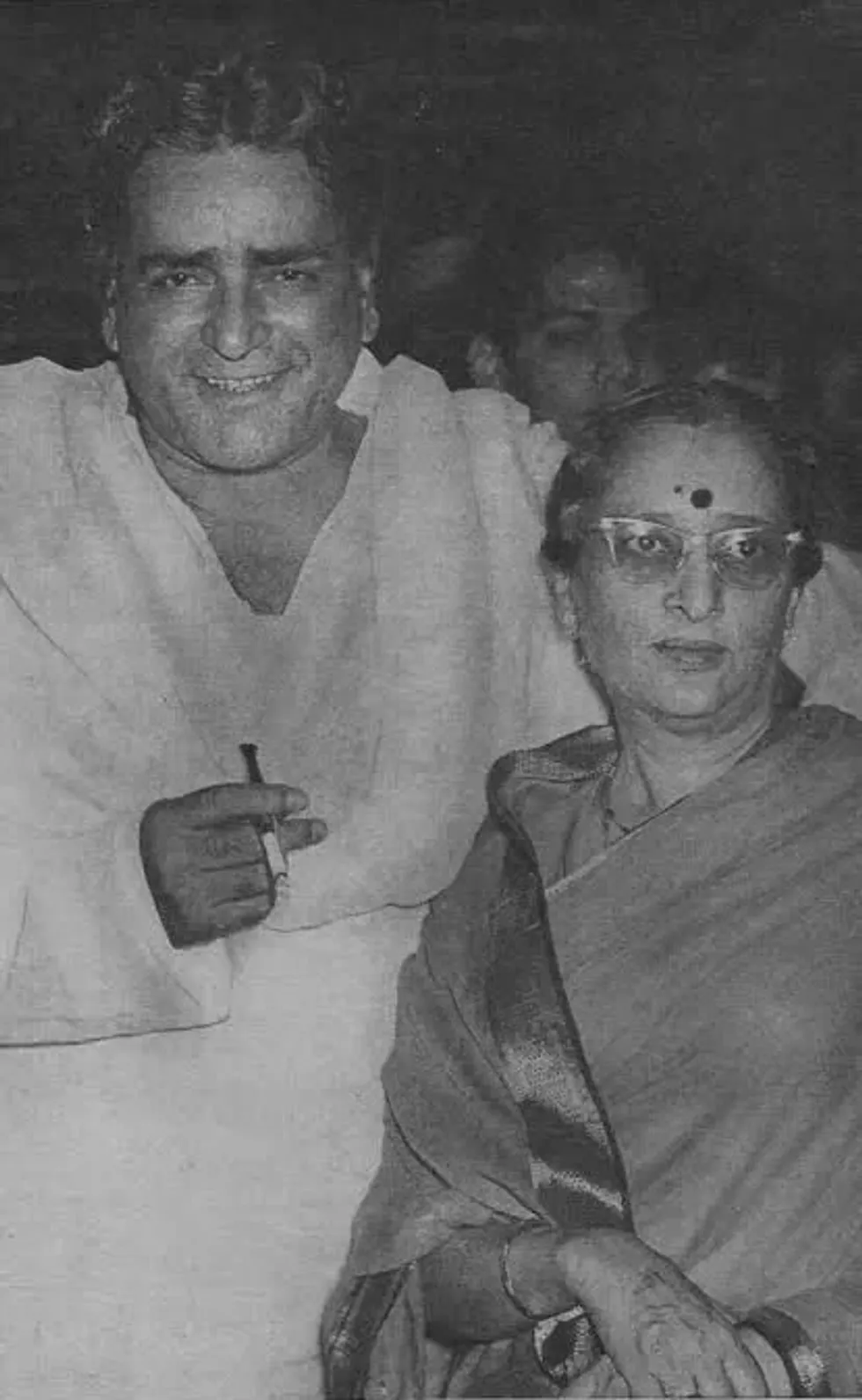 Prithviraj Kapoor and Ramsarni Mehra Reddit/ BollyBlindsNGossip
Prithviraj Kapoor and Ramsarni Mehra Reddit/ BollyBlindsNGossip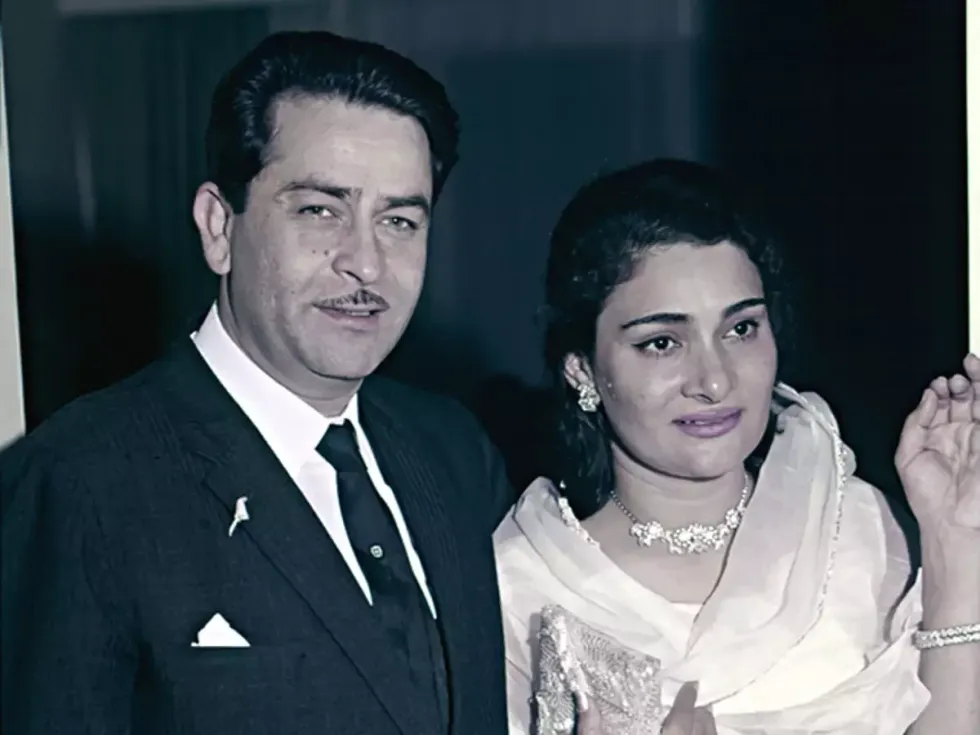 Raj Kapoor and Krishna MalhotraABP
Raj Kapoor and Krishna MalhotraABP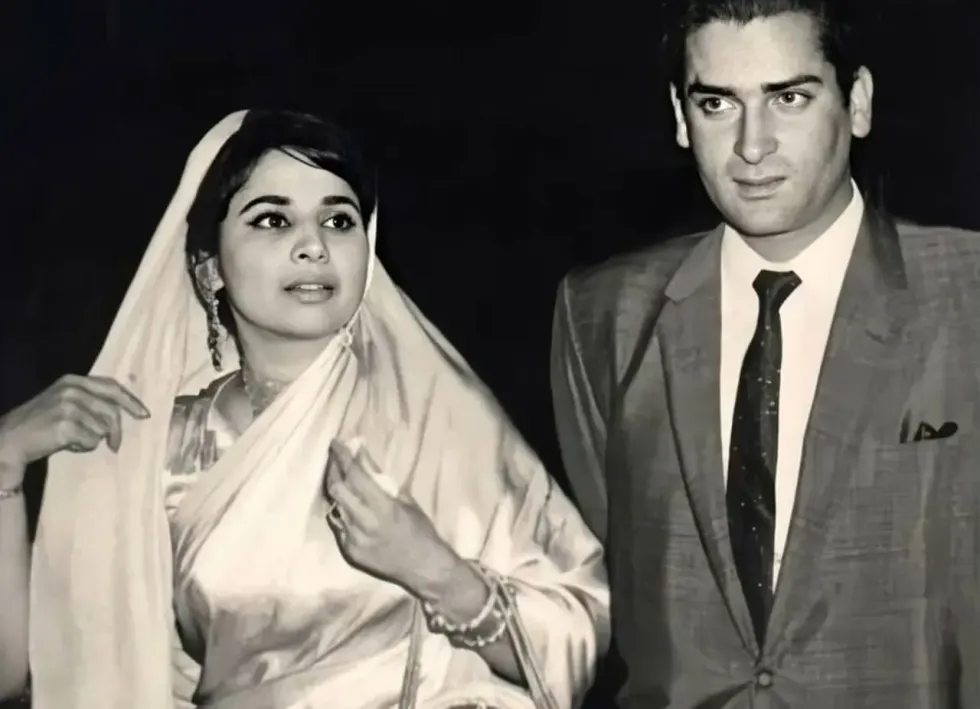 Geeta Bali and Shammi Kapoorapnaorg.com
Geeta Bali and Shammi Kapoorapnaorg.com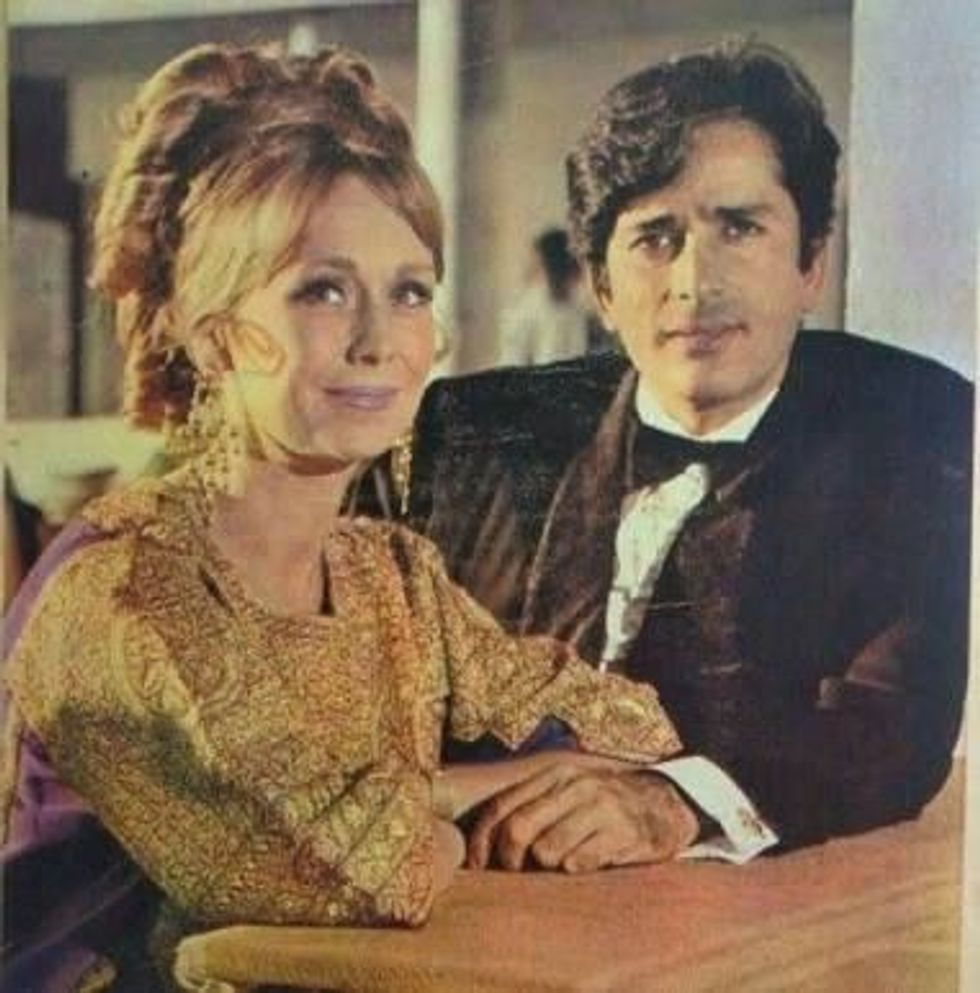 Jennifer Kendal and Shashi KapoorBollywoodShaadis
Jennifer Kendal and Shashi KapoorBollywoodShaadis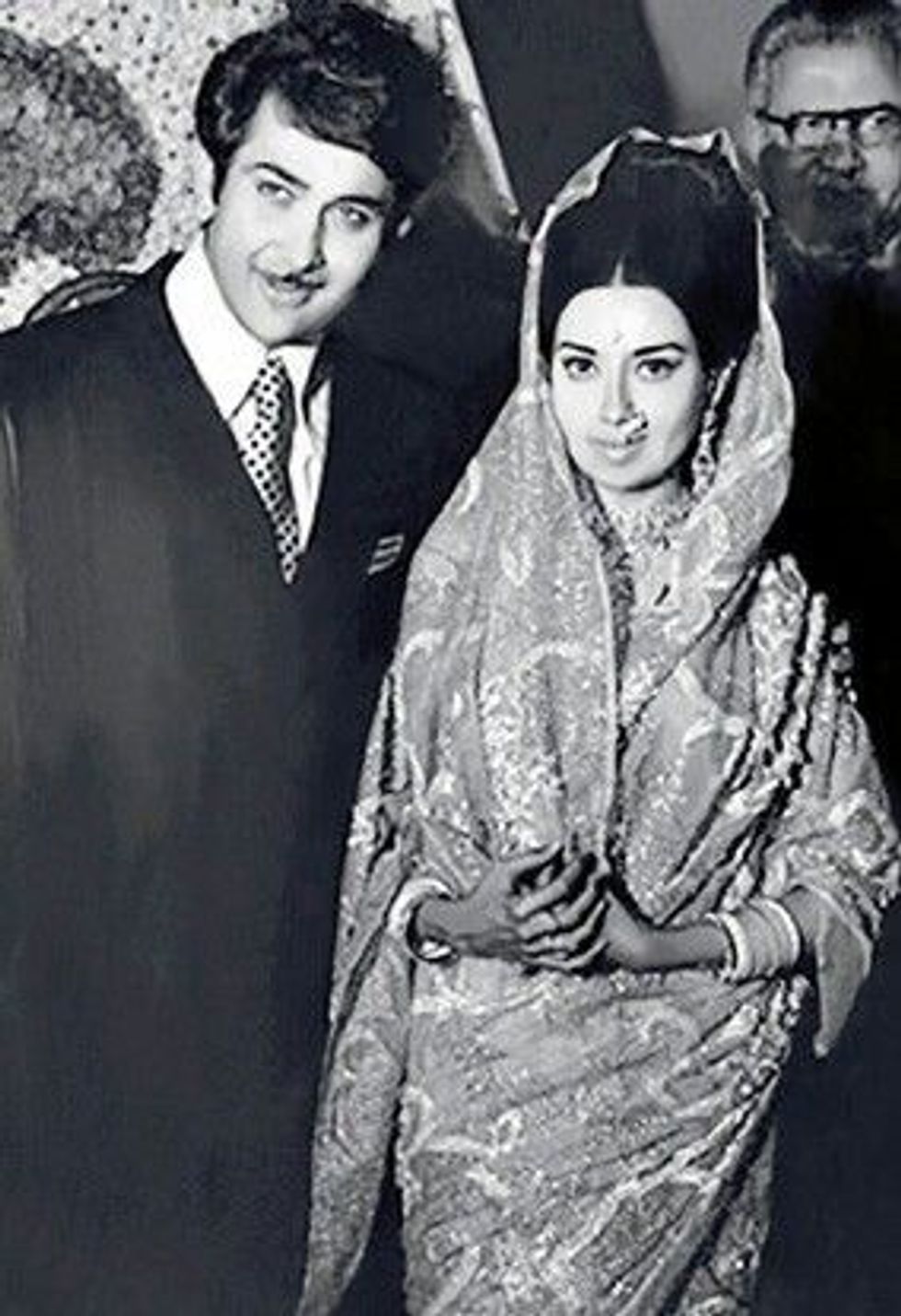 Randhir Kapoor and Babita BollywoodShaadis
Randhir Kapoor and Babita BollywoodShaadis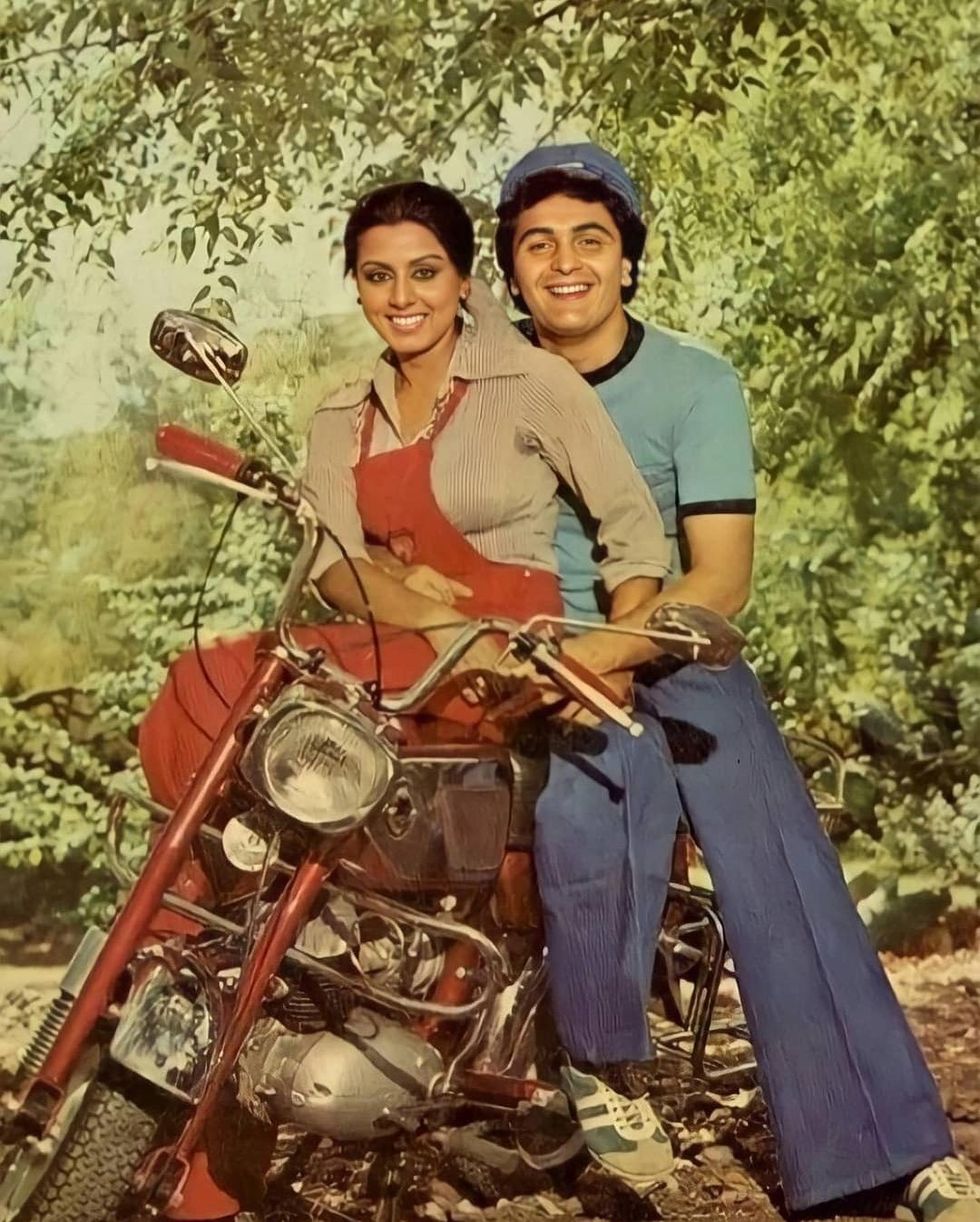 Neetu Singh and Rishi KapoorNews18
Neetu Singh and Rishi KapoorNews18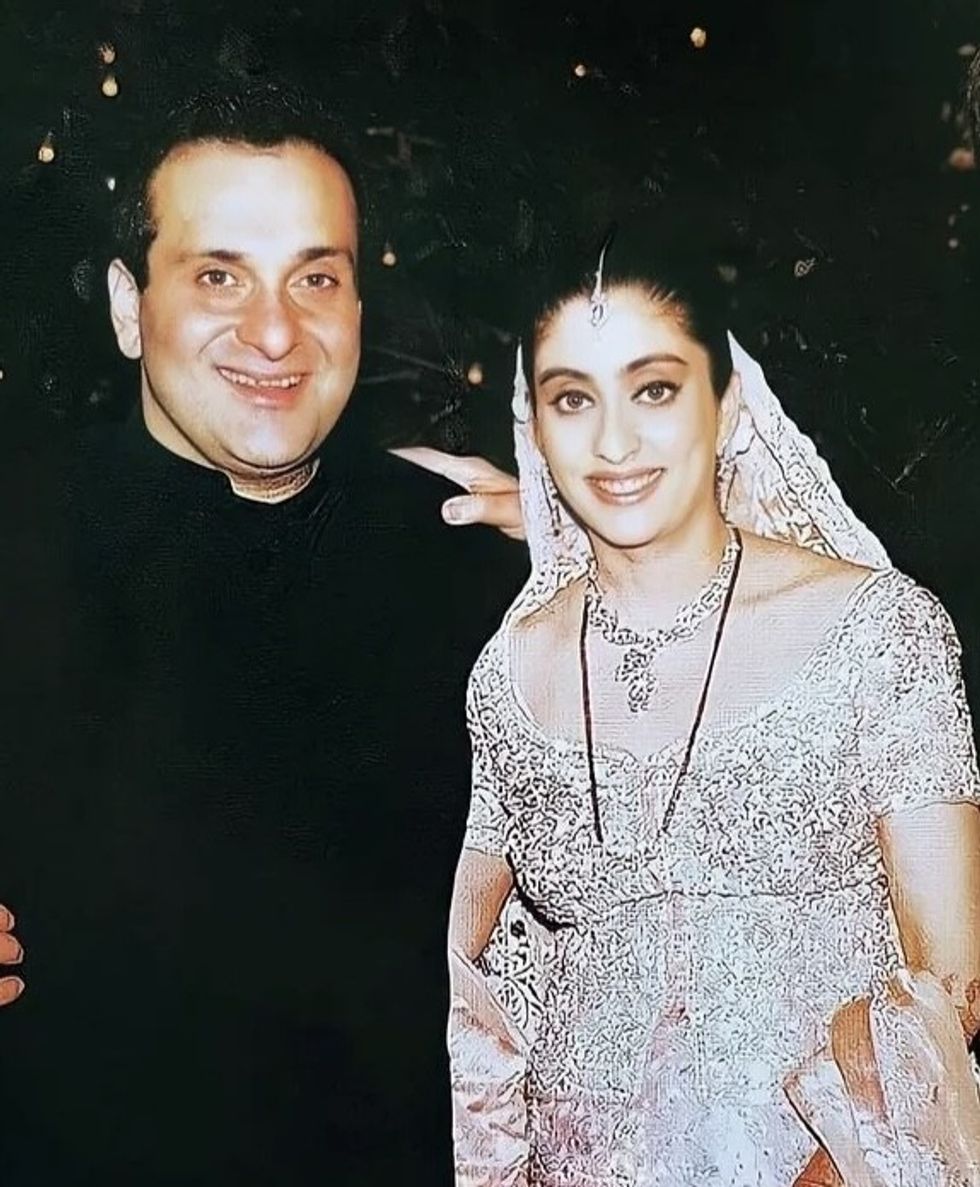 Rajiv Kapoor and Aarti Sabharwal Times Now Navbharat
Rajiv Kapoor and Aarti Sabharwal Times Now Navbharat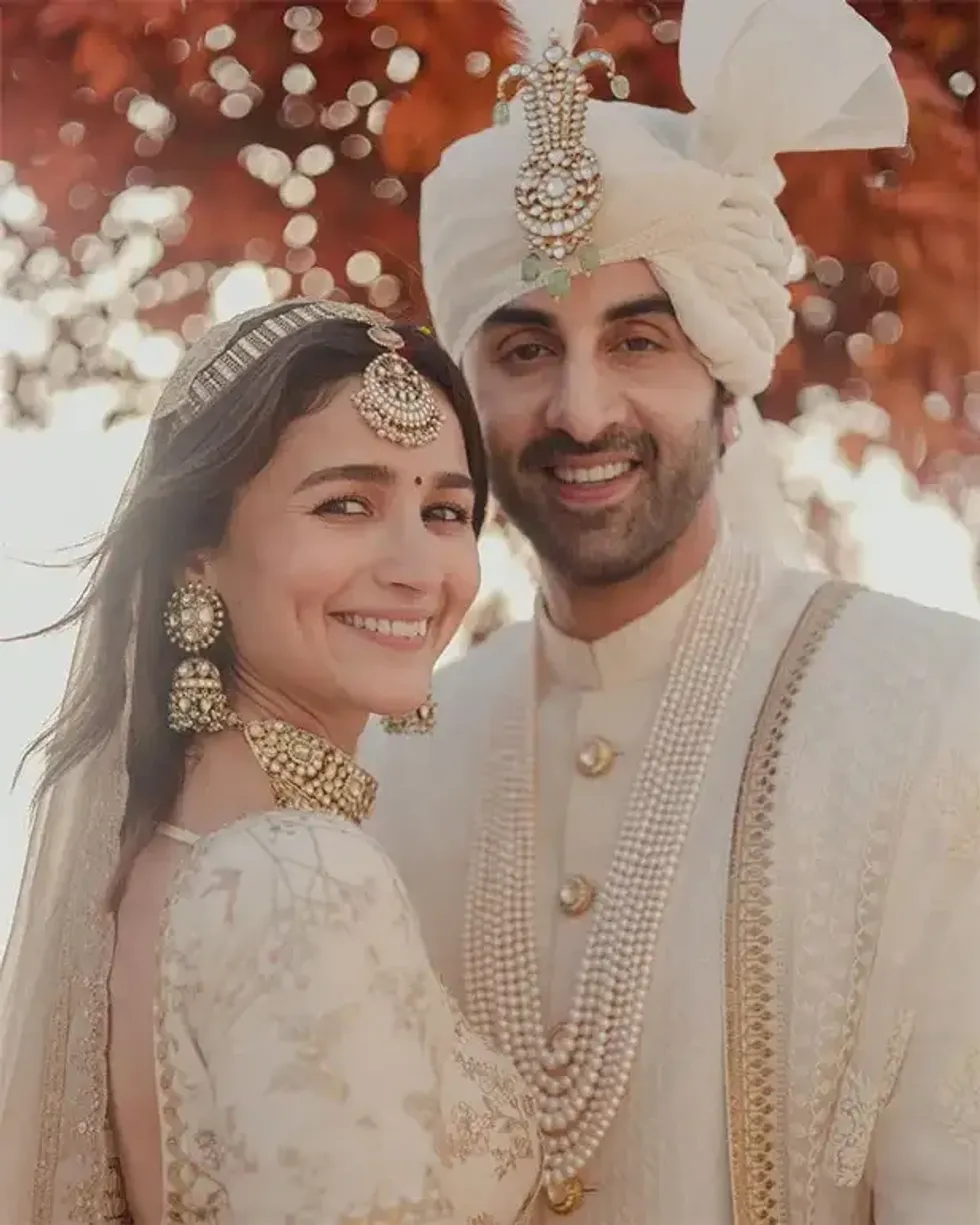 Alia Bhatt and Ranbir KapooInstagram/ aliaabhatt
Alia Bhatt and Ranbir KapooInstagram/ aliaabhatt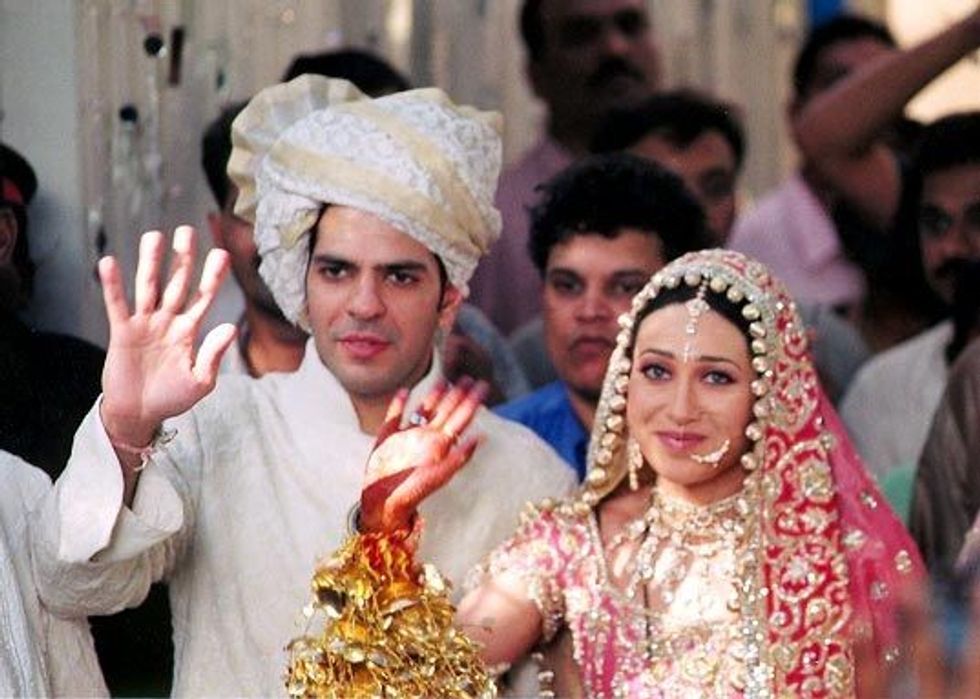 Sunjay Kapur and Karisma KapoorMoney Control
Sunjay Kapur and Karisma KapoorMoney Control